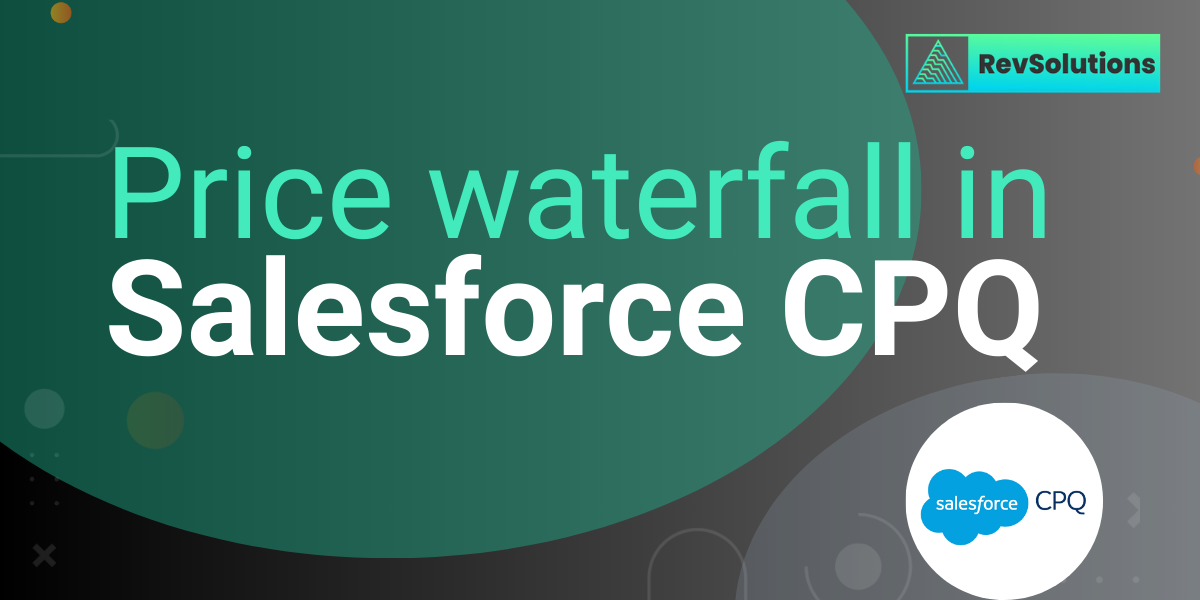
Billing processes are the backbone of every business, ensuring smooth financial stability and customer satisfaction. To optimize these processes, businesses often turn to specialized billing platforms that can handle the complexities of revenue management, subscription handling, and customer billing. When it comes to choosing the right solution, two prominent contenders in the market are Salesforce Billing and Zuora Billing.
If you’re faced with the decision of selecting between Salesforce Billing and Zuora Billing, you’ve come to the right place. In this article, we will dive into the core functionalities, subscription management capabilities, and integration ecosystems offered by both Salesforce Billing and Zuora Billing. By understanding these distinctions, you’ll gain valuable insights to help you determine which platform is the best fit for your unique business requirements.
Distinguishing Features of Salesforce Billing and Zuora Billing
Functionality:
Salesforce Billing is a billing solution built directly on the Salesforce platform. It seamlessly integrates with other Salesforce products, such as CRM and CPQ, offering a comprehensive end-to-end solution for managing billing processes. It enables businesses to manage subscriptions, generate accurate invoices, and handle revenue recognition.
Zuora Billing, on the other hand, is a standalone subscription billing and management platform. It is specifically designed for businesses with subscription-based models, offering extensive capabilities to handle complex billing scenarios. Zuora provides a flexible and scalable platform tailored to the unique needs of subscription businesses. It allows businesses to create dynamic product catalogs, manage recurring billing, and handle complex pricing structures.
Subscription Management:
With Salesforce Billing, subscription management is tightly integrated with Salesforce CRM. This integration allows businesses to leverage customer data from the CRM to streamline subscription processes. Salesforce Billing provides features such as automated renewals, upselling, and cross-selling, empowering businesses to maximize revenue through effective subscription management.
Zuora Billing is renowned for its robust subscription management capabilities. It offers flexible pricing models, supports complex subscription hierarchies, and provides advanced subscription lifecycle management features. With Zuora Billing, businesses can efficiently create and manage various subscription types, pricing plans, and recurring billing cycles.
Integration:
Salesforce Billing is seamlessly integrated with other components of the Salesforce ecosystem, including Sales Cloud and Service Cloud, allowing for smooth collaboration and data sharing across different Salesforce Clouds. This integration allows for a unified view of customer data, streamlined workflows, and a consistent user experience across different functionalities within Salesforce.
Zuora offers a wide range of integrations with popular enterprise systems, including CRM, ERP, and financial systems. It provides robust APIs and pre-built connectors, enabling businesses to connect Zuora with their existing technology stack and create a unified ecosystem.
Monetization:
Salesforce Billing offers comprehensive revenue management functionality, including automated revenue recognition. It helps businesses adhere to revenue recognition standards such as ASC 606 and IFRS 15. Salesforce Billing provides powerful tools to automate revenue calculations, generate accurate invoices, and maintain compliance with accounting regulations.
Zuora Billing is built to handle complex billing and revenue recognition requirements. It offers flexible revenue recognition rules, allowing businesses to align revenue recognition with their unique business models. By using Zuora Billing, businesses can effectively manage revenue streams and gain detailed insights into key financial metrics.
Flexibility and Customization:
Salesforce Billing offers a high level of flexibility and customization options, leveraging the power of Salesforce’s extensive customization capabilities. It allows businesses to tailor their billing processes, invoice templates, and revenue recognition rules to align with their specific requirements. Additionally, Salesforce’s AppExchange provides a wide range of third-party applications that can further enhance billing functionalities.
Salesforce Billing offers a high level of flexibility and customization due to its native integration with the Salesforce platform. Businesses can leverage the robust capabilities of Salesforce CRM to tailor their billing processes according to their specific needs. Salesforce Billing allows for the creation of custom workflows, rules, and automation, enabling businesses to adapt their billing processes to unique business models and changing requirements.
Zuora Billing is known for its flexibility and configurability, enabling businesses to handle complex subscription models and diverse pricing structures. It offers a robust set of features, including flexible pricing models, usage-based billing, and multi-entity management. With its comprehensive subscription management capabilities, businesses can adapt to evolving customer needs and experiment with innovative billing strategies.
Reporting and Analytics:
Salesforce Billing provides native reporting and analytics capabilities, allowing businesses to gain insights into key billing metrics, revenue performance, and customer behavior. With its integration with Salesforce’s Analytics Cloud, users can create customized dashboards, reports, and visualizations to monitor billing-related KPIs and make data-driven decisions.
Zuora Billing offers a sophisticated reporting and analytics module called Zuora Insights. It provides advanced reporting capabilities, including subscription analytics, churn analysis, and revenue forecasting. Zuora Insights enables businesses to delve deep into subscription data, identify trends, and optimize their billing strategies for improved profitability.
Which is better – Salesforce or Zuora?
Both Salesforce Billing and Zuora Billing are powerful billing solutions, each with its own strengths and suitability for different business needs. Salesforce Billing is an excellent choice for businesses seeking a unified sales and billing solution within the Salesforce ecosystem. On the other hand, Zuora Billing is an ideal option for subscription-based businesses that require advanced subscription management and revenue recognition capabilities.
To make the right choice, it is essential to assess your business requirements, scalability needs, and integration preferences. By evaluating the strengths and weaknesses of each platform, you can select the billing solution that best aligns with your organization’s goals and long-term growth strategy.




0 Comments